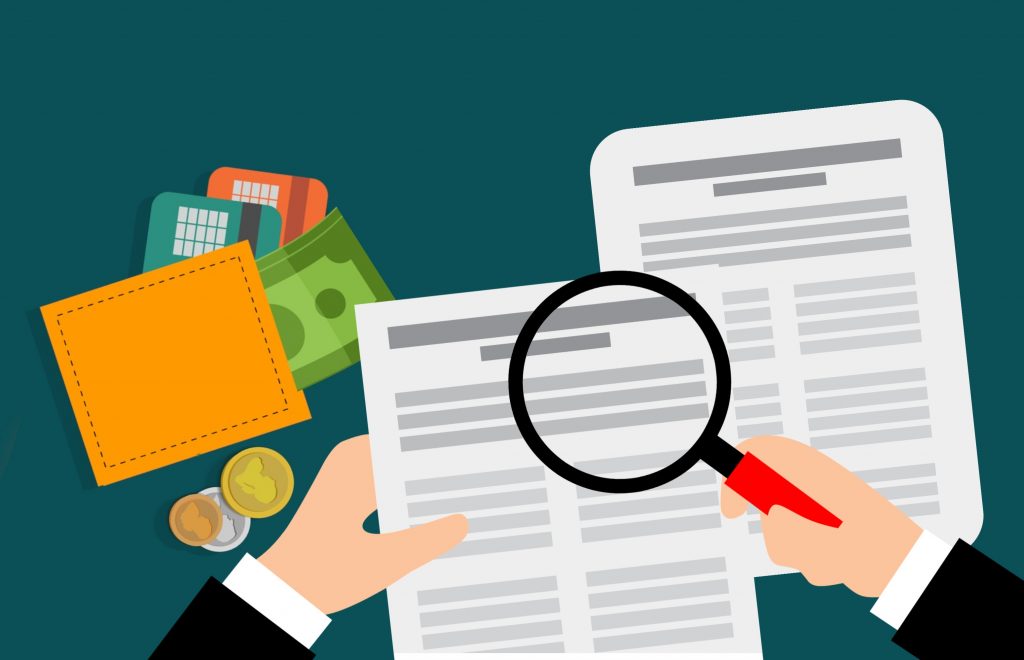Everyone loves a good deal, and hefty discounts have become particularly prevalent for insurance thanks to the rise of price comparison sites over recent years. But are they everything that they promise and should we be focusing on them as much as we do?
Our article will highlight a few things that might make you wonder before you get drawn into that next juicy offer and why they might not be around for long in the same way with new regulations coming into play.

Our first and perhaps most obvious question is if the offer is really all it seems? Imagine there’s a Home Emergency provider offering cover for just £1 a month, should you jump on it? It needs a bit more digging to decide…
If the price is normally £1 a month, will you be covered for what you need? It’s never a good deal if you’re paying for something you don’t need.
If it’s a big discount, would you be happy to pay the normal full price? If not, then you might need to think about whether it’s worth going ahead with a reduced cost as at some point it will jump back up to the higher price.
In many scenarios like this, the premium can jump up double or treble the introductory price at renewal, or certain ‘free’ add-ons might suddenly appear as a charge on your bank statement. Deals like this are built to catch you out down the line.
Look out for the wording that explains what price it will be in the second year, and if you do go through with it don’t forget to set a reminder before the renewal to avoid the higher charges.

Let’s say you’ve thought through that and you’ve set a reminder to avoid overpaying at renewal. You’re back in the same position next year, looking for a new policy with a new discount to stop your price going up.
This all takes some effort in searching, as well as the time it takes to get your head around a new policy which is probably more than a quick few minutes.
How big the discount needs to be to make up for all the time you spend searching round? Or put the other way, how much is your time worth? For it to be worthwhile, your discount needs to be bigger than the value of the effort that you spend searching and the brain space you dedicate to thinking about it each year.
Now there’s nothing wrong with spending time hunting for a good deal each year, but there’s also something to be said for finding a more stable price that you’re happy with to relieve the pressure.

When you’ve spent a fair amount of time looking at all these massive deals, it makes you wonder… how do they make any money after giving so much away?
Well, when the price is so low (like the £1 policy which looks so good on the surface), it’s usually being funded by one of two things:
This is the dark side of the discounts, as ultimately somebody has to pay for these deals and it’s rarely the big insurers. Chances are you’ve experienced the hard side of this when an insurer has continued to put up your premiums year after year without explanation, only to bring them back down again if you notice and call them up to query.

Big discounts and new customer offers have been a big part of insurance for so long now that it seems they will always be around next year when you come to switch again. But this year you might need to think differently…
Towards the end of 2020, the Financial Conduct Authority released its guidance following a review of pricing in the insurance industry. It found that many insurers ‘price walked’ customers to artificially inflated prices over time to increase their profits, causing a ‘loyalty penalty’ which hurt customers more the longer they went without switching. Also, discounts were only advertised and available to new customers, further disadvantaging existing customers.
The result is that the FCA is moving to prevent insurers from charging a price to a new customer that is not also available to an existing customer. It doesn’t take a huge amount of thinking here to realise that this is likely to cause the big introductory discounts to disappear, as insurers won’t be able to afford to sell all policies at the cheaper price when they can’t balance them out with higher renewal prices.
Exactly how this will all play out remains to be seen, but it looks clear that things won’t be able to continue as they are. If this means that you might not be able to continue the switching cycle next year, it might be time to consider the bigger picture.

Having spent nearly all of this article talking about the price of insurance, it’s easy to forget that there are other factors involved! And price comparison websites don’t make it easy for you to remember this either thanks to the way they display results.
For policies like car insurance, where they are far more similar between providers, it’s a bit easier to compare purely on price. However, for more complex policies like home insurance, there are other areas that you need to think about, such as:
At coverbaloo, we believe the focus should always be on finding the right cover for you and getting the best quality cover you can for your budget, and hunting for discounts can get in the way of this.
That’s why at coverbaloo:
Sometimes getting the cheapest price can be a false economy, both in terms of the quality of cover that you get, and the effort it requires each year to maintain it. Paying that bit more per year can often make life easier and may work out cheaper after a couple of years.
If you’re looking for an alternative to the price comparison sites and for quality cover that means you won’t need to switch again next year, take a look at our range of products by clicking on the button below.
Subscribe to our newsletter to be notified when we publish more useful free guides